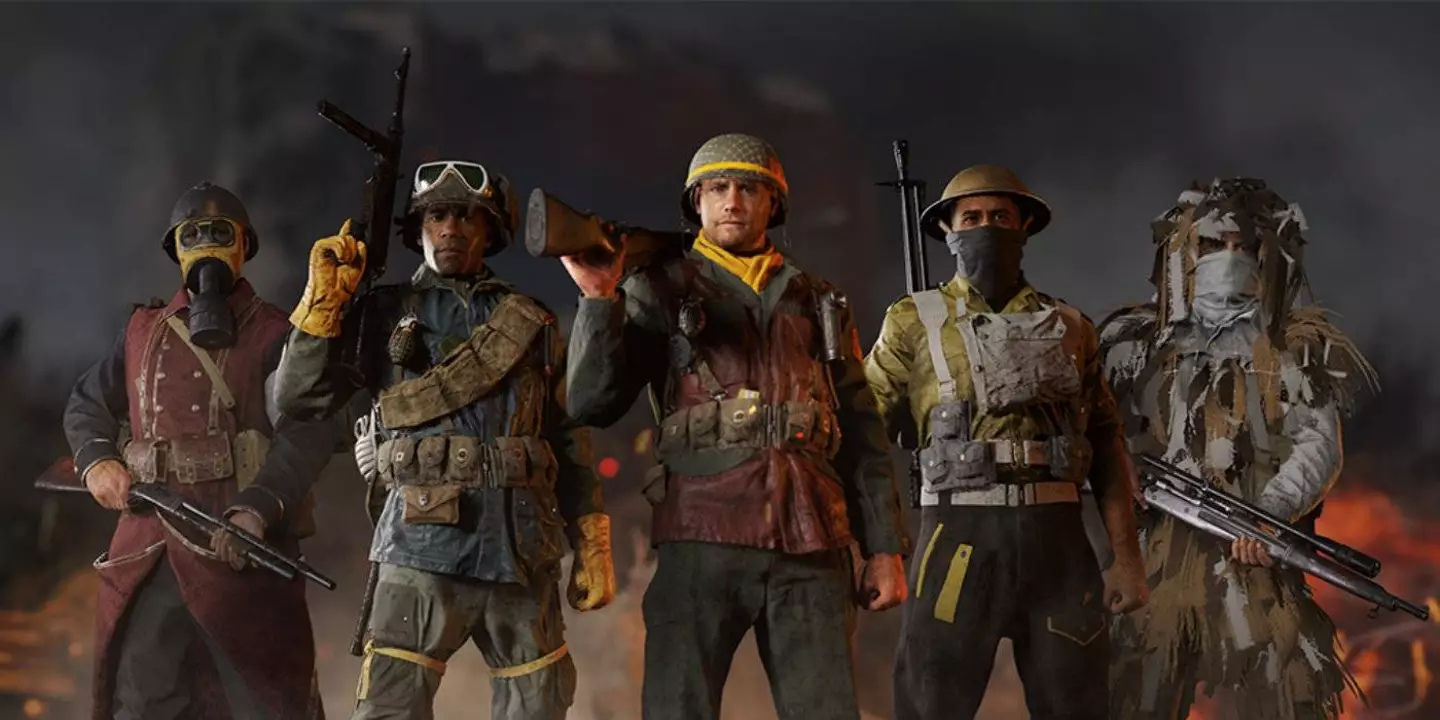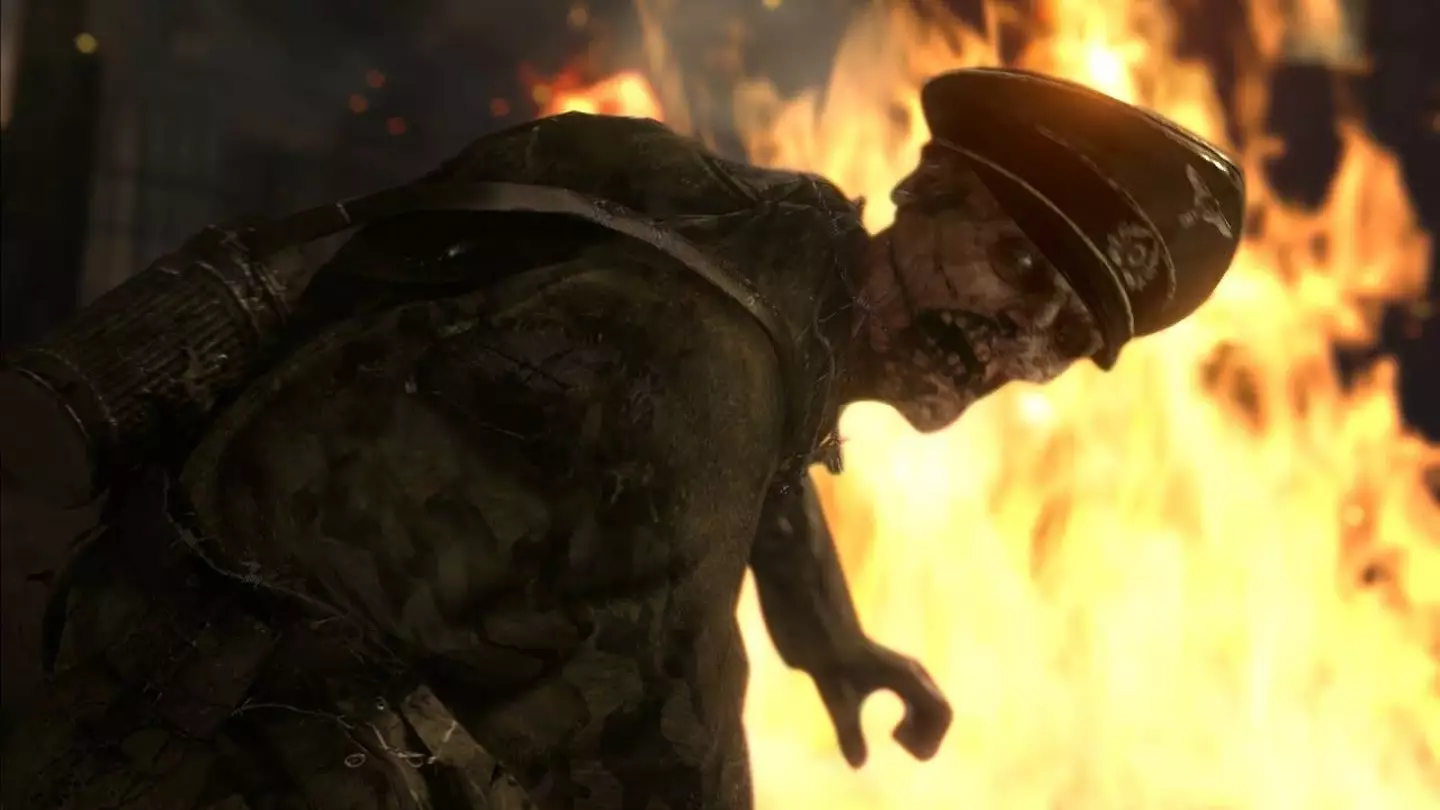


Some gaming franchises feel like they're almost too big to fail.
Year after year, we get new Madden and FIFA games, with fans sometimes left questioning what's really changed.
Still, you lap them up as they soar up the charts. Alongside this, Activision pumps out yearly releases for Call of Duty, all while trying to keep the franchise fresh with new stories and settings.
We've come a long way from Call of Duty's early days in the trenches of World War II that we first dived into for Infinity Ward's OG game back in 2003, and even though we've been everywhere from WWI to the Cold War, Vietnam to the far-flung future, WWII remains a favorite among fans.
Advert
Sadly, the idea could be running out of steam, as the disappointing reception of 2021's Call of Duty: Vanguard proved gamers want more than just endlessly mowing through Nazis and zombie Nazis.
Still, that didn't stop Vanguard from being the best-selling game of 2021.

Aside from Red Dead Redemption 2 in 2018 and Hogwarts Legacy in 2023, Call of Duty has been the best-selling game in the USA since 2014.
For many, a high of the series was 2017's Call of Duty: WWII, although it didn't come without its problems.
Having worked on Modern Warfare 3 with Infinity Ward and striking out on its own with the divisive Advanced Warfare, Sledgehammer Games returned to CoD's roots with WWII.
Before the title was released, there were complaints about historical inaccuracy. As well as featuring female and racially diverse soldiers, a vocal minority called out the sparse use of swastikas.
The symbol of the Third Reich was featured in the game's campaign but was omitted from Multiplayer and the beloved Zombies mode.
Discussing the situation at E3 2017, Sledgehammer co-founder Michael Condrey reiterated that the imagery was removed from Multiplayer and Zombies because, "Including Nazi symbols wouldn't bring honor, nor be appropriate, without the rich history of a WW2 story to ground their context in Multiplayer." He added that the title's multiplayer experiences are "shared, global ones, so we needed to adhere to local laws and regulations." This was seemingly in reference to Germany's censorship laws on the use of swastikas.

It wasn't until 2018 that Germany relaxed its laws on the use of swastikas, as the Entertainment Software Self-Regulation Body (USK) announced that games using swastikas could finally be rated in Germany if the symbols used were considered 'socially adequate'.
A heated debate had arisen over the censorship of 2017's Wolfenstein II: The New Colossus, which takes place in an alternate version of history featuring a victorious Adolf Hitler in 1961. The game famously had to digitally remove Hitler's mustache in Germany, while swastikas were swapped out with triangular symbols.
Even though Call of Duty: WWII was allowed to use swastikas in its Campaign mode, an alternate version was released in Germany that omitted them from the entire game.
These days, it's still illegal to display Nazi imagery outside of video games and artistic interpretations in most countries, whereas the USA only has restrictions in the states of New York, California, and Virginia.